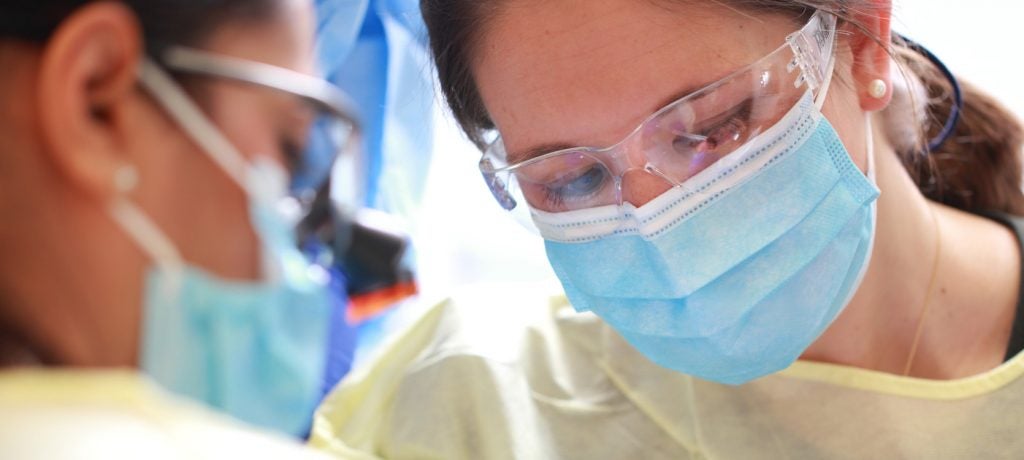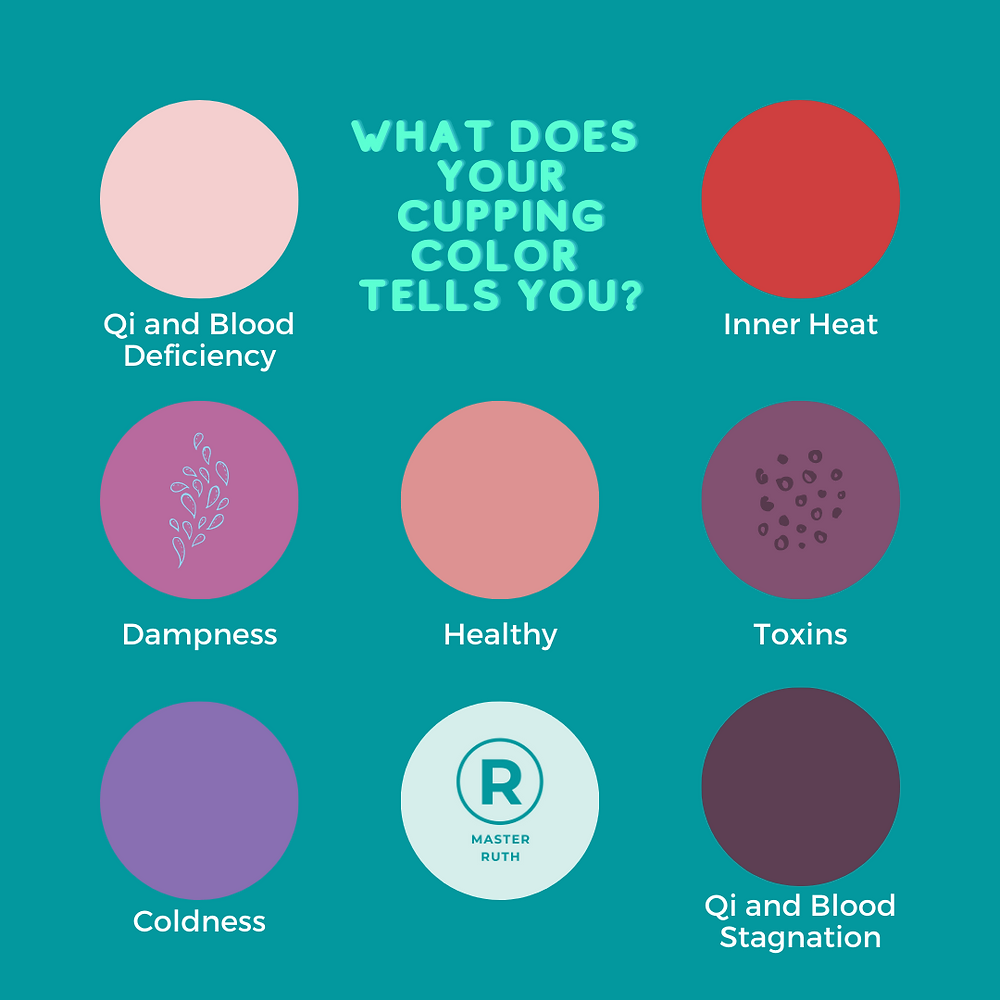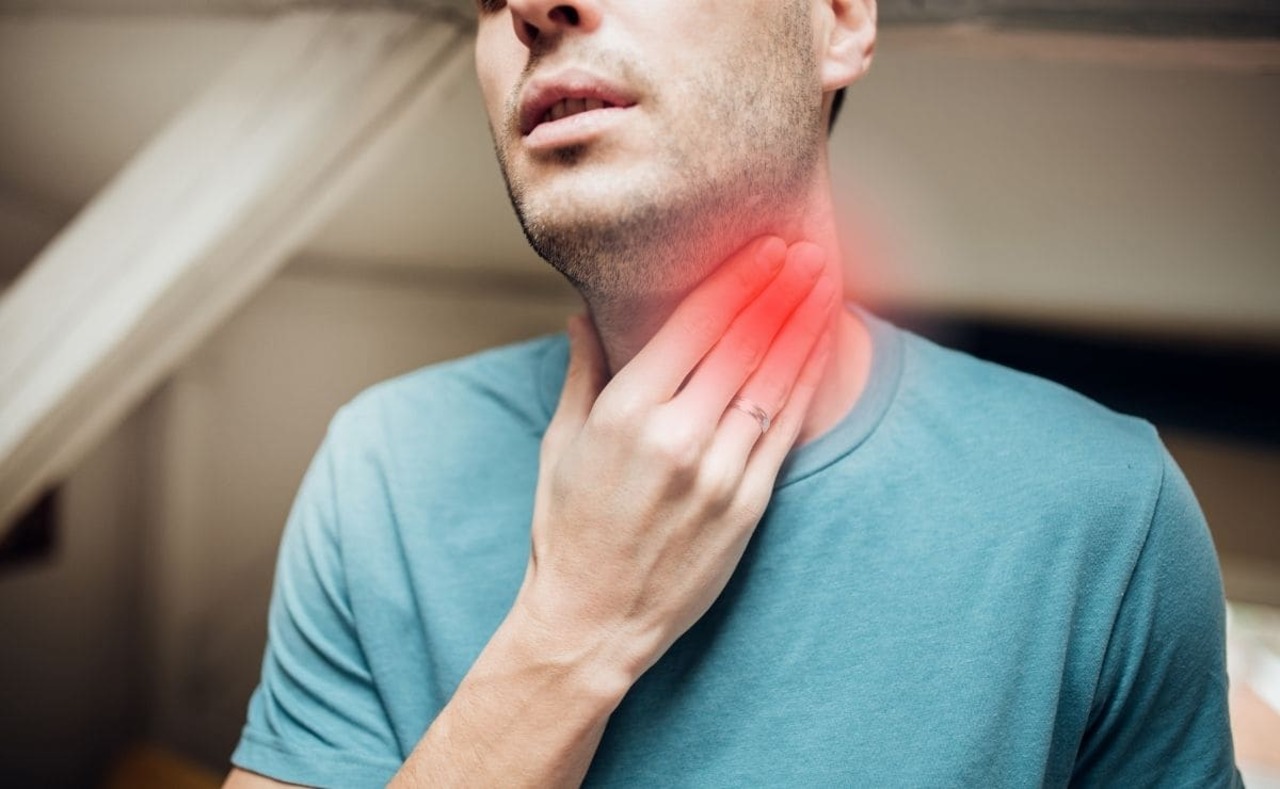12+ Emergency Dental Care Options

Emergencies can arise at any moment, and when they involve dental issues, it’s crucial to have a clear understanding of the available options for emergency dental care. Dental emergencies can range from severe toothaches and abscesses to broken teeth, lost fillings, or even a knocked-out tooth. The key to minimizing damage and relieving pain often lies in acting swiftly and seeking professional help. Here, we’ll delve into more than a dozen emergency dental care options, emphasizing the importance of immediate action and highlighting the variety of solutions available depending on the nature of the emergency.
1. Emergency Dental Clinics
Dedicated emergency dental clinics offer immediate care for urgent dental issues. These clinics are equipped to handle a wide range of emergencies, from toothaches to dental traumas. They often have extended hours, including weekends and holidays, making them a reliable option for after-hours emergencies.
2. Same-Day Dentist Appointments
Many regular dental practices now offer same-day appointments for emergencies. This can be a convenient option for those with an existing relationship with a dentist, as it allows for immediate attention within a familiar environment.
3. Urgent Care Dental Facilities
Some urgent care facilities have expanded their services to include dental care, providing an alternative for those who cannot get to a traditional dentist immediately. These facilities might not offer the full range of dental services but can provide initial treatment and stabilization.
4. Emergency Room Visits
For severe dental emergencies that also involve other health issues, such as facial injuries or significant bleeding, an emergency room visit might be necessary. While ERs are not equipped to provide definitive dental care, they can address immediate health concerns and refer patients to a dentist for follow-up care.
5. Dental Insurance Emergency Coverage
Many dental insurance plans include provisions for emergency dental care. Understanding what is covered can help in making informed decisions during an emergency.
6. Community Clinics
Community clinics or non-profit dental services offer emergency care to those who are uninsured or underinsured. These clinics may have income-based eligibility criteria but provide a vital service to those in need.
7. Mobile Dentistry
Some dental practices offer mobile dentistry services, where the dentist comes to the patient. This can be especially helpful for those with mobility issues or in situations where leaving home is not feasible.
8. Teledentistry
With advancements in technology, teledentistry has emerged as a viable option for emergency dental consultations. Patients can receive initial assessments and advice remotely, which can be particularly useful in identifying whether an in-person visit is immediately necessary.
9. Dental Schools
Many dental schools offer low-cost emergency dental care provided by supervised students. This can be a cost-effective option for those without insurance or on a tight budget.
10. Private Emergency Dental Services
Some dentists offer private emergency dental services, including home visits for severe emergencies. This can be a more expensive option but provides personalized care in the comfort of one’s own home.
11. After-Hours Dentist Hotlines
Several dentist hotlines operate after hours, providing advice and referrals to emergency dental services. These hotlines can guide patients on the best course of action and where to seek help.
12. Walk-In Dental Clinics
Walk-in dental clinics operate on a first-come, first-served basis and can provide immediate attention for emergencies. They are often open during extended hours and can be a good option for those without a regular dentist.
13. Emergency Dental Kits
For minor dental emergencies, such as lost fillings or mild toothaches, having an emergency dental kit at home can provide temporary relief. These kits usually contain dental cement, pain relievers, and temporary fillings.
14. Online Dental Consultations
Online platforms now offer immediate consultations with licensed dentists. Patients can upload their symptoms and receive advice on how to proceed, including whether an in-person visit is required.
Conclusion
Emergency dental care is a broad field with numerous options tailored to different needs and situations. Whether it’s a severe toothache, a dental injury, or another urgent issue, knowing the available emergency dental care options can make a significant difference in outcomes. It’s essential to stay informed and have a plan in place for dental emergencies, as timely intervention can prevent more severe problems from developing. Remember, while temporary solutions can provide relief, they should not replace professional dental care. Always seek a definitive diagnosis and treatment from a qualified dentist as soon as possible.
What constitutes a dental emergency?
+A dental emergency is any situation that requires immediate attention from a dental professional to alleviate severe pain, prevent further complications, or address a significant injury. Examples include severe toothaches, abscesses, broken teeth, and knocked-out teeth.
How can I find emergency dental care near me?
+To find emergency dental care near you, you can search online using keywords like “emergency dentist near me” or “urgent dental care near me.” You can also check with your local dental society for recommendations or contact your insurance provider for a list of in-network emergency dental care options.
What should I do if I have a dental emergency and no insurance?
+If you have a dental emergency and no insurance, consider visiting a community clinic, a dental school, or looking for dentists that offer financing options or sliding scale fees based on income. Some emergency rooms can also provide initial care, though they may not offer comprehensive dental services.
Can I use temporary fixes for a dental emergency?
+Temporary fixes, such as dental cement or over-the-counter pain relievers, can provide temporary relief for minor dental issues. However, they should not be relied upon as a permanent solution. It’s crucial to see a dentist as soon as possible for a proper diagnosis and treatment to prevent further complications.
How can I prevent dental emergencies?
+To prevent dental emergencies, maintain good oral hygiene by brushing and flossing regularly, limit sugary and acidic foods, wear a mouthguard during sports, and visit your dentist for regular check-ups. Early detection and treatment of dental issues can prevent them from becoming emergencies.
What are the consequences of delaying emergency dental care?
+Delaying emergency dental care can lead to more severe and costly problems. Infections can spread, causing more extensive damage, and the need for more complex and expensive treatments increases. Prompt attention can save time, money, and unnecessary suffering in the long run.


